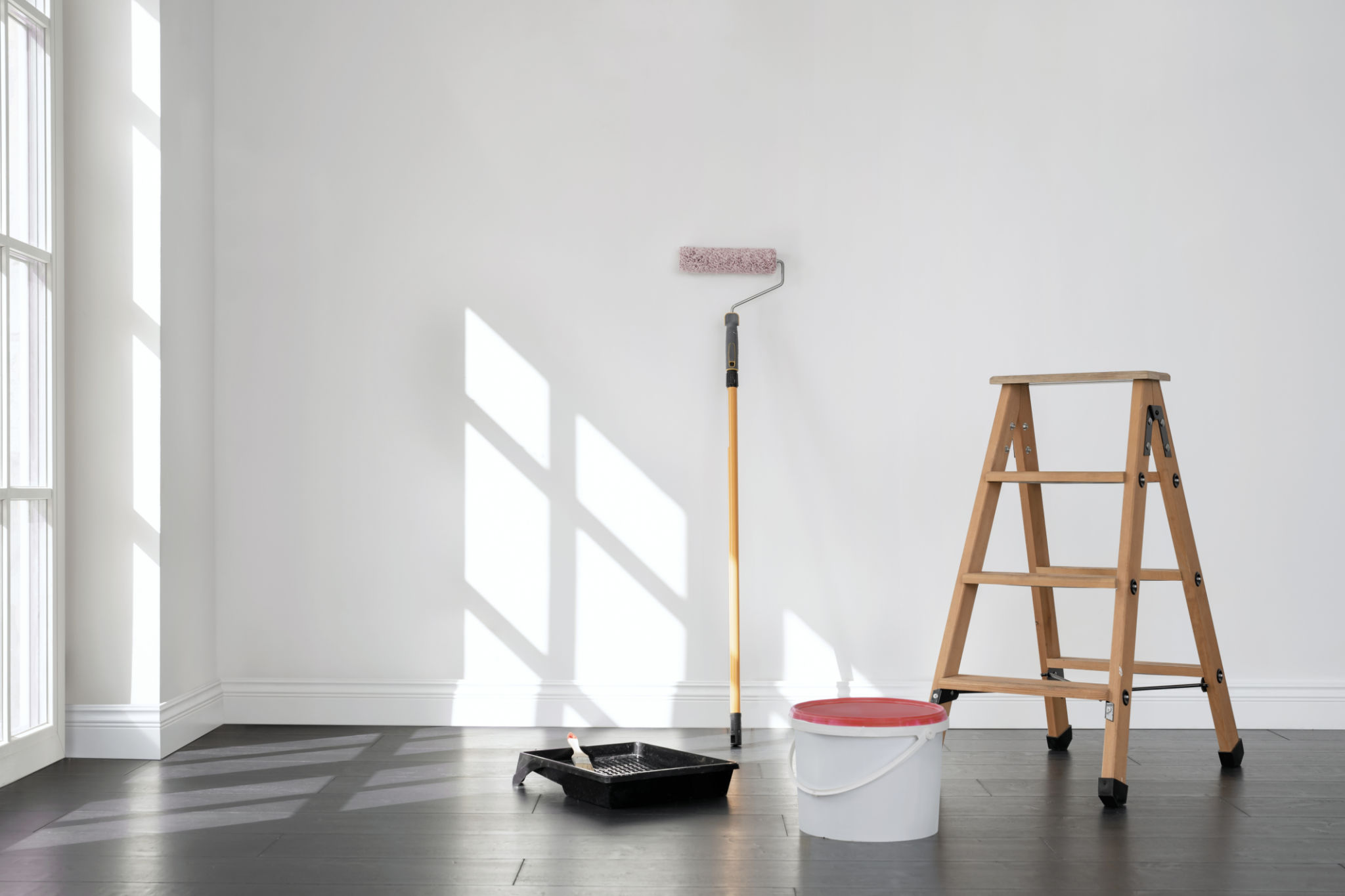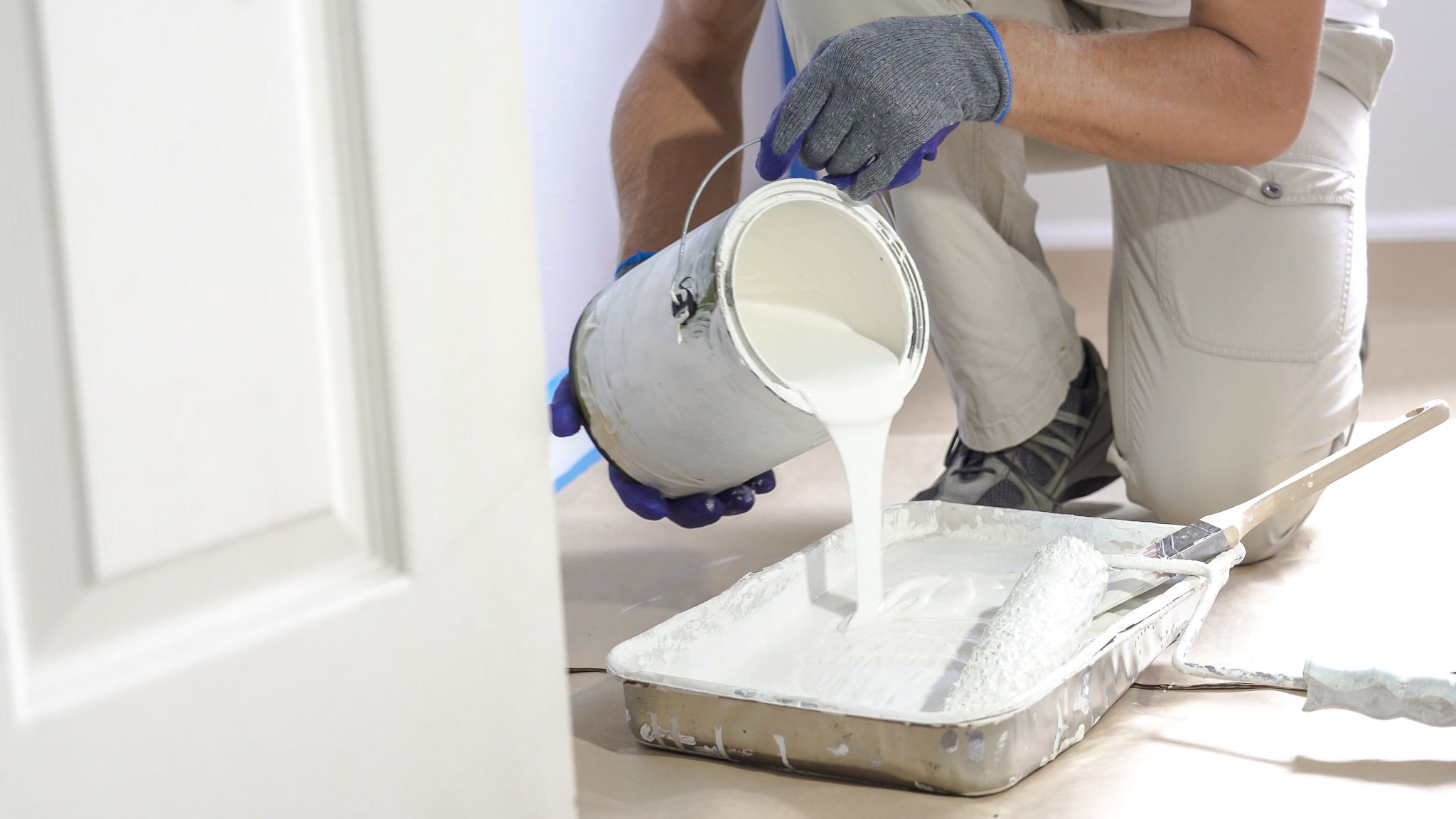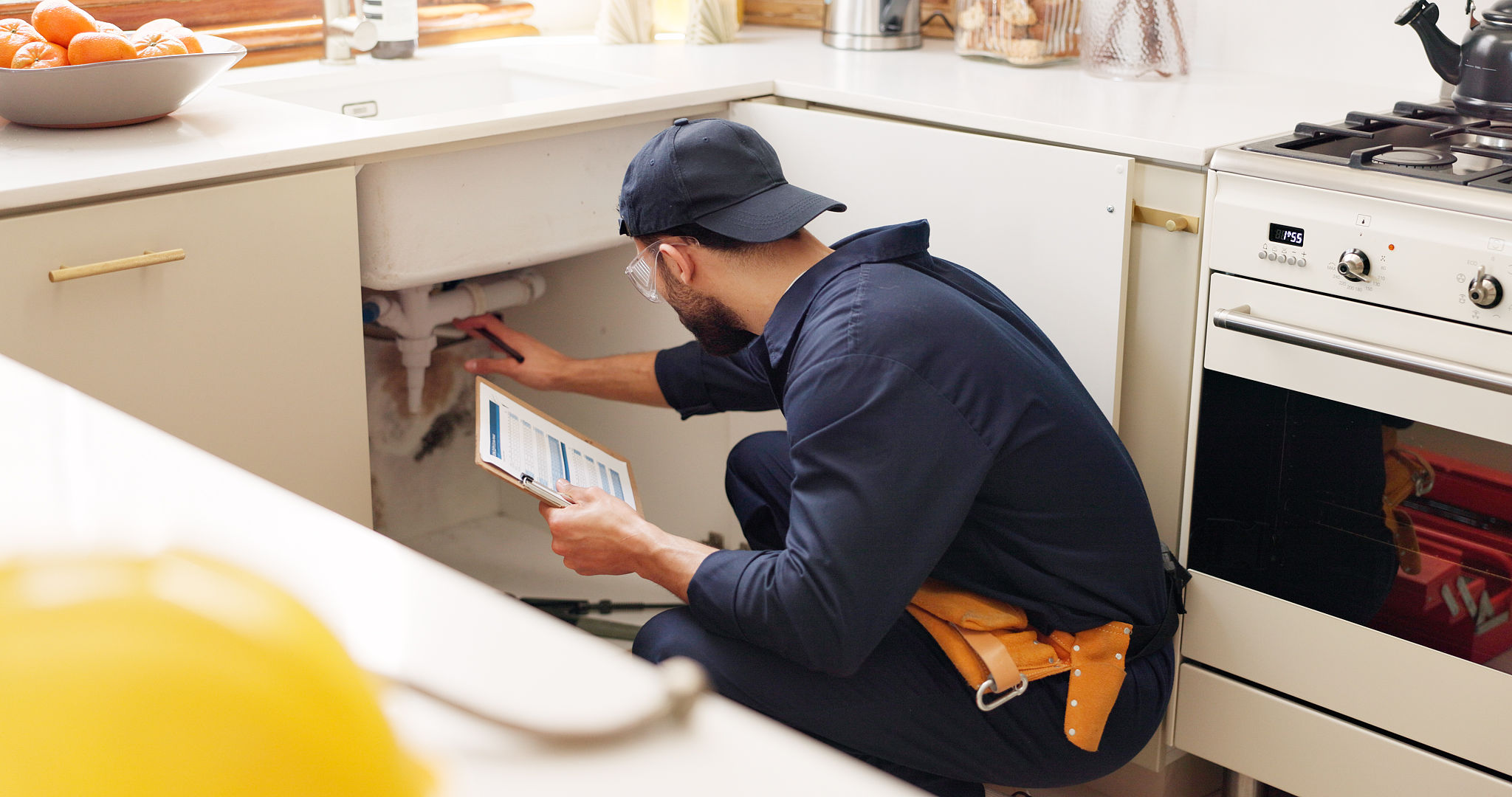DIY vs Professional Painting: What You Need to Know
Introduction to DIY and Professional Painting
When it comes to painting your home, the decision to do it yourself or hire a professional can be daunting. Both options have their pros and cons, and understanding these can help you make an informed decision. Whether you're looking to refresh a room or transform your entire home, knowing the differences between DIY and professional painting is crucial.
Cost Considerations
Cost is often the first factor people consider when deciding between DIY and hiring a professional. DIY painting can save money on labor costs, making it a budget-friendly option. However, it's important to consider additional costs for supplies such as brushes, rollers, drop cloths, and paint itself. On the other hand, professionals often have access to trade discounts on materials, which can sometimes offset their fees.

Time and Effort
Another major consideration is the time and effort involved in painting. DIY projects can be time-consuming, especially if you're inexperienced or if there are multiple rooms to cover. Preparation, painting, and cleanup can take days or even weeks. Professionals, however, have the experience to complete the job efficiently in a fraction of the time.
Quality of Work
The quality of the paint job is a significant factor in deciding between DIY and professional painting. A DIY paint job may suffice for simple touch-ups or smaller projects, but achieving a flawless finish can be challenging without the right skills and knowledge. Professional painters have the expertise to handle various surfaces and use techniques that ensure a high-quality result.

Attention to Detail
Details such as cutting in edges, choosing the right type of paint for specific areas, and applying even coats are crucial for a polished look. Professionals are trained to pay attention to these details, which can make a big difference in the final appearance of your space.
Safety and Insurance
Safety is another important aspect to consider. Painting can involve working at heights, handling chemicals, and using various tools, all of which can pose risks. Professional painters are equipped with the necessary safety gear and are trained to handle potential hazards safely. Additionally, they typically carry insurance that protects against accidental damage or injury during the job.

Long-term Value
Lastly, consider the long-term value of your investment. While DIY might seem cheaper initially, a poorly done paint job can lead to peeling or fading much sooner than a professionally done one. This might result in more frequent repaints, ultimately costing more in time and money over the years.
Conclusion: Making Your Decision
In conclusion, whether you choose DIY or professional painting depends on your budget, time availability, skill level, and desired quality of work. Weighing these factors carefully will ensure you make the best choice for your home improvement project. If quality and efficiency are your top priorities, hiring a professional painter might be the best route. However, if you enjoy hands-on projects and are willing to invest the time, DIY could be a rewarding experience.